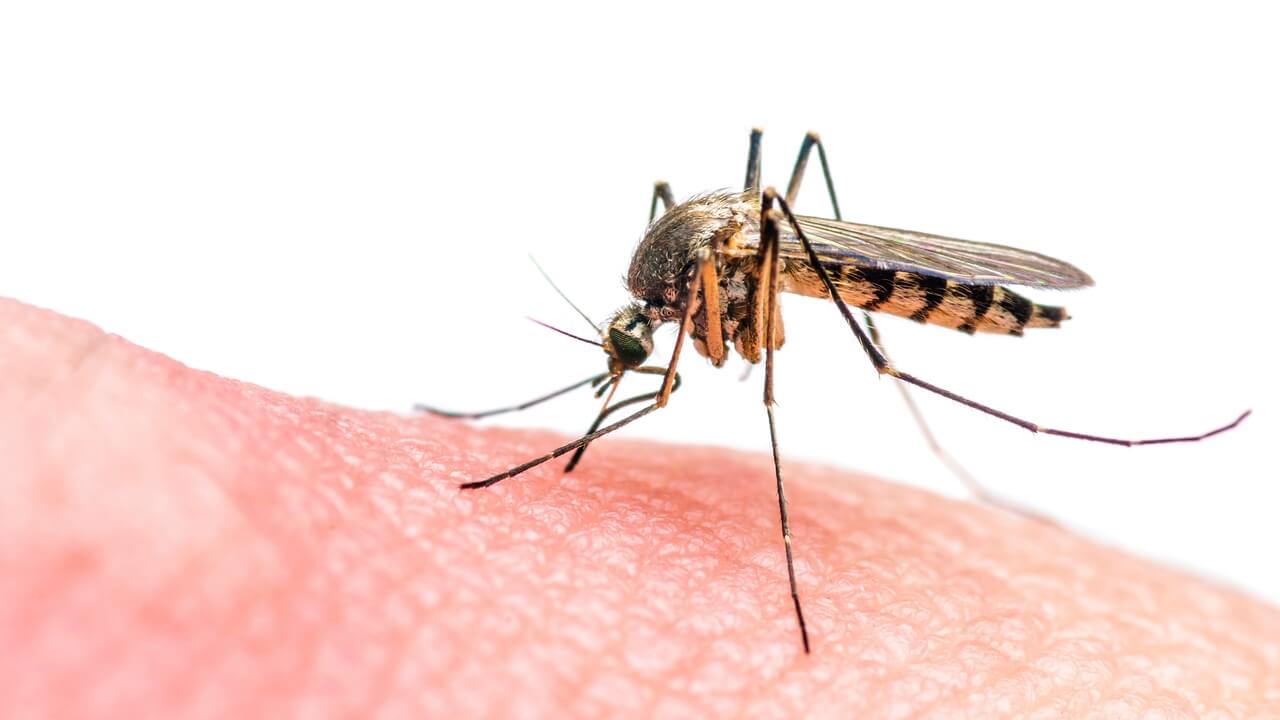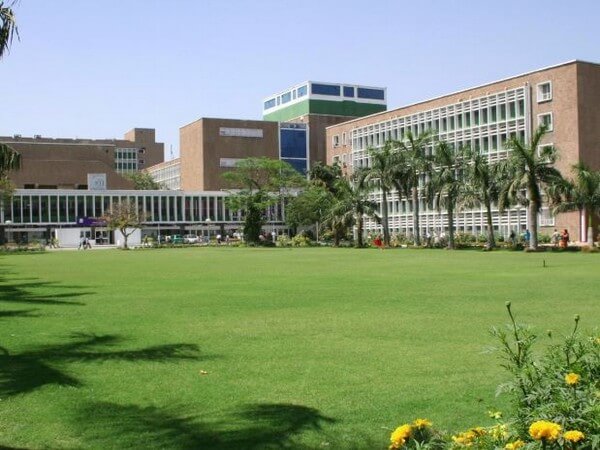Early signs, symptoms, prevention and treatment of Zika Virus, first case confirmed in Mumbai
Thu 24 Aug 2023, 23:19:30

The Brihanmumbai Municipal Corporation (BMC) has officially confirmed the first case of Zika Virus in Mumbai. The individual, a 79-year-old resident of the M-West ward, which encompasses regions around Chembur, displayed symptoms such as fever, nasal congestion, and cough starting from July 19. As of now, the patient has recuperated and was released on August 2. Extensive contact tracing efforts have not revealed any additional positive cases.
Transmitted predominantly by Aedes mosquitoes, particularly Aedes aegypti and Aedes albopictus, the Zika virus is a mosquito-borne pathogen. It was first identified in 1947 within the Zika Forest of Uganda and primarily remained confined to specific regions within Africa and Asia for a considerable duration. However, more recent times have seen the virus attract global attention due to outbreaks occurring in diverse parts of the world.
Here are a few early symptoms and signs of the Zika Virus:
Fever
Rash
Joint Pain
Muscle Pain
Headache
Conjunctivitis (Red Eyes)
Fatigue
Swelling (Edema)
Mild Bleeding
Prevention tips for Zika Virus:
Preventing Zika virus infection primarily revolves around reducing exposure to mosquitoes
and their bites, as well as taking precautions in areas where the virus is known to be present. Here are several key measures for Zika virus prevention:
and their bites, as well as taking precautions in areas where the virus is known to be present. Here are several key measures for Zika virus prevention:
. Apply EPA-registered insect repellents to exposed skin and clothing.
. Wear long-sleeved shirts, long pants, shoes, and socks to minimize exposed skin.
. If possible, stay in air-conditioned or screened-in areas during peak mosquito activity times, typically early morning and late afternoon.
. Regularly empty, cover, or treat containers that collect and hold water, such as flowerpots, buckets, and tires.
. Keep gutters clean and repair any leaky pipes to prevent water accumulation.
. Zika virus can be sexually transmitted. Use condoms correctly and consistently, especially if you or your partner have recently travelled to an area with Zika transmission.
. Before travelling to a specific region, check for any Zika virus advisories or outbreaks in that area.
. If you are travelling to an area with active Zika transmission, use mosquito repellent and protective clothing.
There is no specific antiviral treatment for Zika virus infection. The focus is on managing symptoms and providing supportive care. Mild cases resolve on their own with rest, hydration, and over-the-counter pain relievers.
No Comments For This Post, Be first to write a Comment.
Most viewed from Health
AIMIM News
Latest Urdu News
Most Viewed
May 26, 2020
Do you think Canada-India relations will improve under New PM Mark Carney?
Latest Videos View All
Like Us
Home
About Us
Advertise With Us
All Polls
Epaper Archives
Privacy Policy
Contact Us
Download Etemaad App
© 2025 Etemaad Daily News, All Rights Reserved.






























